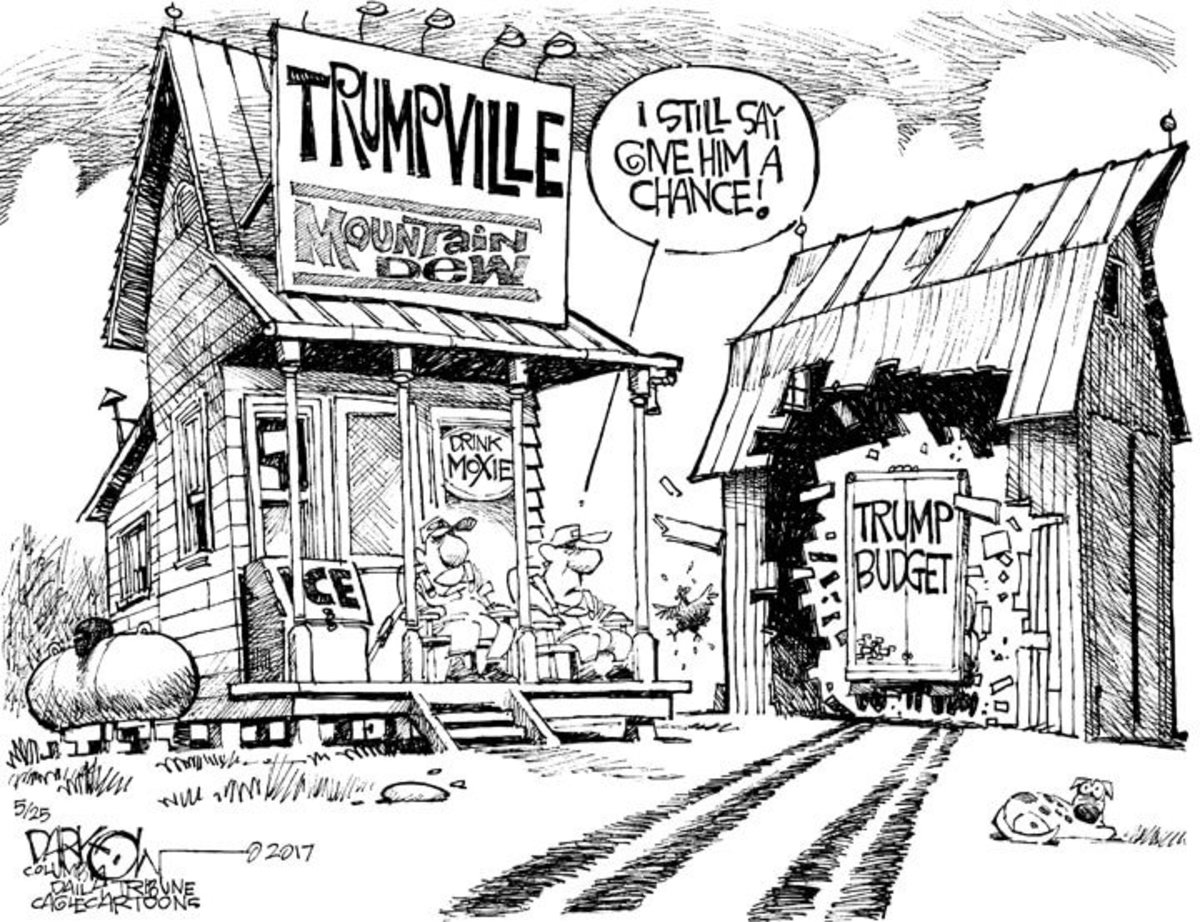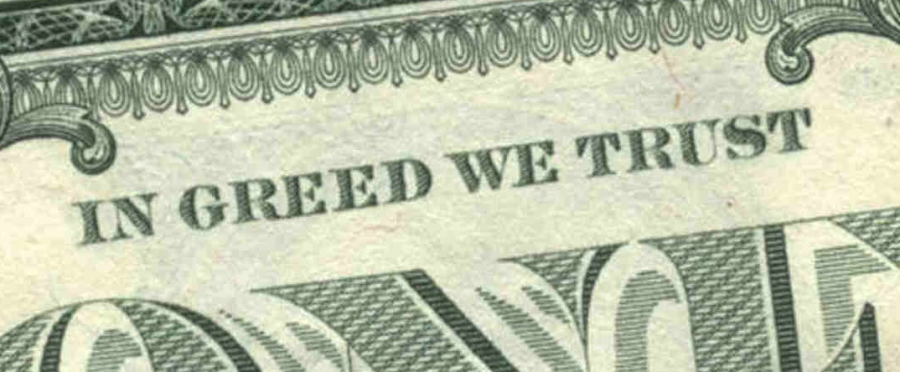I’ve started a new case for my volunteer work. So I don’t repeat myself too much, you can read a previous post about what I do and what my observations have been as of about 2 years ago. But this new case has made me realize something else. I can’t name names but let me give you a taste of what’s going in the case.
A 24 year old woman had her kids removed from her because upon the birth of her last child, she and the newborn tested positive for cocaine. Her partner also tested positive for cocaine. The partner is the father of the youngest two, the oldest, who is 5 has a different biological father, who until recently hasn’t been involved because the mother actively tried to keep him out of her life when he remarried. The father of the youngest two was reported as having sexually molested a 3 year old girl. He claims he didn’t do it, but the child’s story was detailed enough that he is on record as a known perpetrator. This father is 32, the mother 24, which is a bit of an age gap, given that their first child happened when she was only 22 and he was 30. He has 3 other children of which he has lost parental rights to all 3. There was evidence that often the oldest who is 5 was locked in a room with her 1 year old brother and was at times the primary caretaker of him. Since her children have been removed from she and the father have continually tested positive for cocaine. If they are unable to keep clean they will lose parental rights to their children. Currently they both live in their car, and have no home.
The children upon being removed were originally placed with the maternal grandmother. The story of her life involves her baby brother dying of SIDS when she was 5. She has cleary had undiagnosed mental illnesses throughout most of her life from PTSD, to bi-polar, to clinical depression. To give you a sense of the situation she has been recommended to receive mental health treatment from 9-2 pm…Monday through Friday. Upon the death of her brother she began being extremely violent towards animals, and pushed her sister onto the driveway as her mother was backing out who then ended up running over her sister (luckily this only result in slight injury). She has 4 children through 3 different fathers ranging from the age of 26, to the youngest being 12. Her youngest daughter was actually a twin, but she was with an abusive partner while pregnant, killing one of the twins. She believed that the birth of a daughter would soften this guy (who was also a cocaine user) but not surprisingly this did not happen. Her oldest son has 3 children, her oldest daughter (the mother in my case) 3 children, her 18 year old daughter is pregnant. Recently, the partner she has been with now for 10 years was accused of sexually molesting her 18 year old daughter since she was a young girl. This turned out to be true, and this maternal grandmother apparently knew about it and didn’t do anything. The maternal grandmother’s sister also hit her niece badly causing child services to remove the niece for a time from her sister’s home. It would be too lengthy to give more details but this maternal grandmother has exposed her kids to some broken people, has moved back and forth from different states, has at times not had her own home, and has clearly suffered through some nightmarish experiences.
I know that most of my readers will read those last two paragraphs and be like “WTF!?” Some of you might feel anger, some sadness, probably both. Overall, if you’re like me you will recognize this as an insane situation in which can hardly connect to. This is chaos, and my intuition is helpless as I observe all this because it is so foreign to me. I cannot fathom how this is real, human life. But what I’ve come to realize is that this is normal for them. This is just how life is. This is how life is for much of their family and friends as well. You might say, how can a mother let her daughter be molested and not do anything about it? The only answer I can come up with is that through generations of poverty that the tolerance for deeply troubling behaviors and people is high given that this all seems like par for the course. And poverty is at the heart of this at the heart of this tale. Now that’s not to say that there wasn’t a period of prosperity in the maternal grandmother’s life, but the people she imported into her life, because she grew up with no parent recognizing her mental illness, because the behaviors of her own parents seemed normal, has kept a level of dysfunction in the family that would break most of us if we had to tolerate it for more than a day. I remember my first visit to the maternal grandmother’s home. Two of her other grandchildren were there along with her son and daughter in law. The place was a mess with laundry everywhere. It was a small two bedroom trailer, in which the 3 grandchildren she was fostering, her 12 year old, and her and her partner lived. I felt claustrophobic and wanted to leave and try to pretend that people didn’t have to live like that. And that’s not to say that people don’t have it worse. All I’m saying is that for so many families, all this is absolutely normal. This shouldn’t be normal. In talking to the maternal grandmother I actually found her to be fairly prescient, places importance on school and education, and seems to at least have good intentions for those in her care. What’s not clear is that she necessarily always understand what good care actually means. If anybody expects people to just reason their way out of the situation, theysimply don’t know what they’re talking about.
Thankfully at the last hearing a couple days ago. The oldest daughter got moved to her biological father and his wife. Both seem like really good people. The two youngest children have been placed with a foster family who seem really nice and nurturing. They understand that re-unification with the parents can happen, but are also willing to be a permanent home should the parents not be able lose their addiction. There is some stability there and there are all sorts of hardworking people trying to do what’s best for the children. Children are innocent and born into these situations. It’s easy to condemn the adults, but when you learn more about them you just realize that they were just like these children and born into impossible situations. I do this work for the children, but my heart breaks for the adults as well. Most of the time they just get judged by the rest of society and forgotten. When the mother had her visitation reduced at the last court hearing and found out she wasn’t going to get any special time with her children at Christmas she was in tears. Despite the fact that she isn’t capable of being the parent her children need, the pain in her voice, in her face, and the intensity of her sobs made it clear that what little love she had in her life was slipping away. I am not saying this is an excuse for giving her her kids back, and I’m glad Pennsylvania always tries to give parents a path to get their kids back, but I can imagine the pain I would feel if the same was happening to me. It still broke my heart.
I appreciate all the people who dedicate their lives to helping children and families in these situations, but it’s really just all not enough. We have to do better. We have to make these kinds of things priorities for our politicians and raise awareness of what poverty is really like.
——————————————————-
For those of you interested in volunteering for the organization I work for it is called CASA. You can check out the national website, but you’d have to see if they exist in your county if you wanted to volunteer. But if you just want to donate to them some time that also helps. There may be other service providers that help children in your area as well that could use your support.



 So with this idea of systems and how cheaters cheat successfully let’s move forward to talk about the rich and the poor. Both operate within different systems, although the groups are connected insofar as one group accumulates wealth at the expense of the other. There is no question that there are poor people who work the system to get free money. But we also know that to be successful the percentage of such people can’t be very high. How do we know this? Well I think one good indicator would be how horribly drug testing welfare recipients has gone in terms catching all these supposed people
So with this idea of systems and how cheaters cheat successfully let’s move forward to talk about the rich and the poor. Both operate within different systems, although the groups are connected insofar as one group accumulates wealth at the expense of the other. There is no question that there are poor people who work the system to get free money. But we also know that to be successful the percentage of such people can’t be very high. How do we know this? Well I think one good indicator would be how horribly drug testing welfare recipients has gone in terms catching all these supposed people 
 As a current example of how the discussion always turns towards poor people being the problem, read
As a current example of how the discussion always turns towards poor people being the problem, read  your standard of living in any noticeable way. So I do think there is something real about affluenza. What I strongly object to is that there is never the same consideration in sentencing when it comes to the real and also well documented evidence to the psychological
your standard of living in any noticeable way. So I do think there is something real about affluenza. What I strongly object to is that there is never the same consideration in sentencing when it comes to the real and also well documented evidence to the psychological 
 As someone who is very into evolutionary psychology, as I do with many things I like to start with our natural habitat, which is a group of a few hundred or so hunter-gatherers. This is our beginning as humans and is very much how our brains are wired in terms of survival. Power structures certainly exist, but the disparity is small. People don’t really have property. Everything in the tribe belongs to the tribe. Some people are better at some things than others. Some people maybe do more physically demanding activities and work harder, some may have less physically strenuous jobs. Everyone knows each other, grows up with each other. If there is not enough food, the entire tribe is deprived. If there is an abundance of food everybody prospers. This is far from where we are now.
As someone who is very into evolutionary psychology, as I do with many things I like to start with our natural habitat, which is a group of a few hundred or so hunter-gatherers. This is our beginning as humans and is very much how our brains are wired in terms of survival. Power structures certainly exist, but the disparity is small. People don’t really have property. Everything in the tribe belongs to the tribe. Some people are better at some things than others. Some people maybe do more physically demanding activities and work harder, some may have less physically strenuous jobs. Everyone knows each other, grows up with each other. If there is not enough food, the entire tribe is deprived. If there is an abundance of food everybody prospers. This is far from where we are now.
